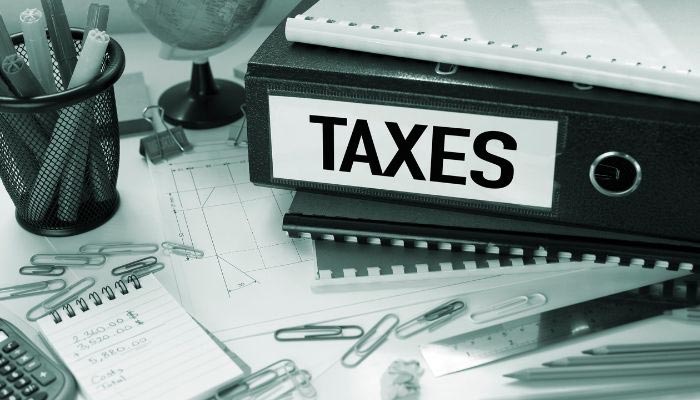News Analysis: Why not to tax reserves of listed, unlisted firms in budget
By taxing reserves, govt is essentially sending a signal that entities should try to operate in informal space as much as possible, writes Ammar Habib Khan
May 31, 2023

KARACHI: The Reform and Revenue Mobilisation Commission (RRMC) has recommended imposing a tax of 5% to 7.5% on accumulated profit, or distributable reserves of listed and non-listed companies.
The RRMC has estimated that this could generate Rs338 billion in taxes in one year.
What the RRMC has failed to comprehend is that such a tax would further increase the effective tax on companies that are operating in the formal space. Any entity operating in the formal space has to pay multiple taxes, the incidence of which has been growing over the years.
This has led to a scenario where businesses prefer to operate in the informal space and avoid a formal corporate structure as much as possible — thereby increasing expansion in the informal economy, as can be seen in the rapid growth of currency in circulation, and slow growth in deposits of private-sector businesses within the formal financial segment.
The tax being considered is regressive in nature and essentially penalises companies for operating in a formal environment. Companies accumulate reserves over the years to strengthen their balance sheets, such that the businesses can withstand economic volatility — a hallmark for operating in Pakistan.
By taxing reserves, the government is essentially sending a signal that entities should try to operate in the informal space as much as possible and avoid developing strong balance sheets that can withstand economic volatility. It is because of such policy inconsistencies that the private sector is reluctant to invest further in the country while being already crowded out by the sovereign in the case of borrowing.
The sovereign over the last decade has crowded out the private sector when it comes to borrowing from banks. The number of listed companies on the stock exchange has been gradually declining over the years, while the rest of the world’s capital markets continue to grow.
Such a tax would further accelerate this process and would discourage others as well from the process of listing. The government should be in the business of enabling the private sector and enabling growth through private investments. But the policies of successive governments and cherry-picked commissions are often anti-market, and anti-growth.
The proposed tax may not see the light of day, but if it does it will spell disaster for the long-term mobilisation of private capital in the country. Pakistan needs more private capital and more private investment, such that more jobs can be created, and incomes can increase.
Imposing arbitrary taxes on reserves would mean that companies will not have the incentive to accumulate profits and reallocate them towards long-term investments. Instead, they would pay out the same as dividends (and incur more tax), and avoid long-term investment and capital development. The system needs less government intervention. The increasing presence and intervention by the government are only going to make things worse.
Companies listed on the stock exchange have already started issuing bonus shares to reduce available reserves, and paying out dividends that would dilute the impact of such a tax. If the proposed tax goes through, the amount collected would be much lower, but the damage it will have done to private sector confidence would be irreversible.
The writer is an independent macroeconomist.
Disclaimer: The viewpoints expressed in this piece are the writer's own and don't necessarily reflect Geo.tv's editorial policy.
Originally published in The News











